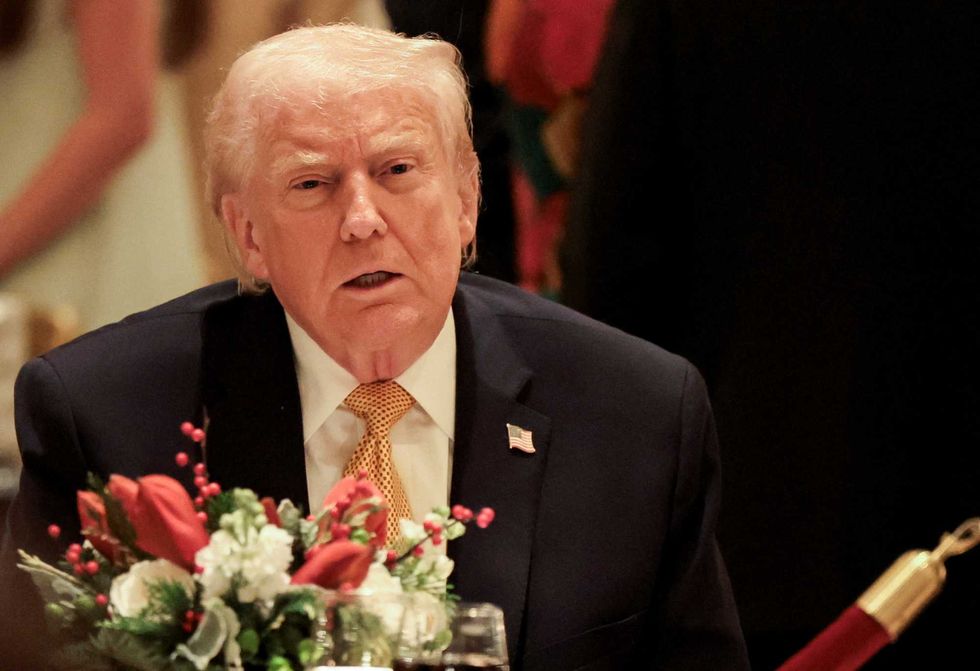In a significant legal challenge, the Arizona Republican Party is urging a judge to invalidate a two-decade-old law that permits certain individuals who have never resided in Arizona to participate in elections. During a hearing held in Phoenix on Monday, attorney Kory Langhofer represented the party, emphasizing the belief that the law is no longer valid.
The law in question has been a part of the Arizona electoral landscape for 20 years, allowing voting rights for individuals who are not state residents under specific circumstances. Langhofer did not dispute the fact that the law was unanimously approved by the Republican-controlled Legislature at the time of its enactment. He acknowledged that federal legislation, specifically the Uniform Overseas Citizen Absentee Voting Act, provides clear guidance allowing Arizona citizens living abroad to vote.
Legal Arguments and Implications
Langhofer’s argument centers on the interpretation of residency requirements and the implications of allowing non-residents to vote. He contends that this practice could undermine the integrity of state elections. The Republican Party’s request to void the law reflects a growing concern among some party members regarding electoral processes and the potential for non-resident influence.
During the hearing, the judge raised questions about the potential ramifications of overturning the law, particularly regarding voters currently registered under its provisions. If the law is invalidated, it could affect the voting status of numerous individuals who have relied on this legal framework to participate in Arizona elections.
Supporters of the existing law argue that it ensures that Arizona citizens living overseas are able to maintain their voting rights, which is crucial for democratic participation. The ongoing legal dispute highlights the tension between state legislation and federal voting rights, which is a critical issue in the broader context of electoral integrity in the United States.
Next Steps in the Legal Process
The court’s decision on this matter could set a precedent for similar legal challenges in other states. As the case unfolds, it remains to be seen how it will impact the upcoming elections and the rights of voters currently registered under the law.
The Arizona Republican Party’s actions reflect a broader national debate about voting rights and the regulations governing them. As this legal battle progresses, stakeholders from various political backgrounds are likely to closely monitor the situation, given its potential implications for electoral processes across the nation.







